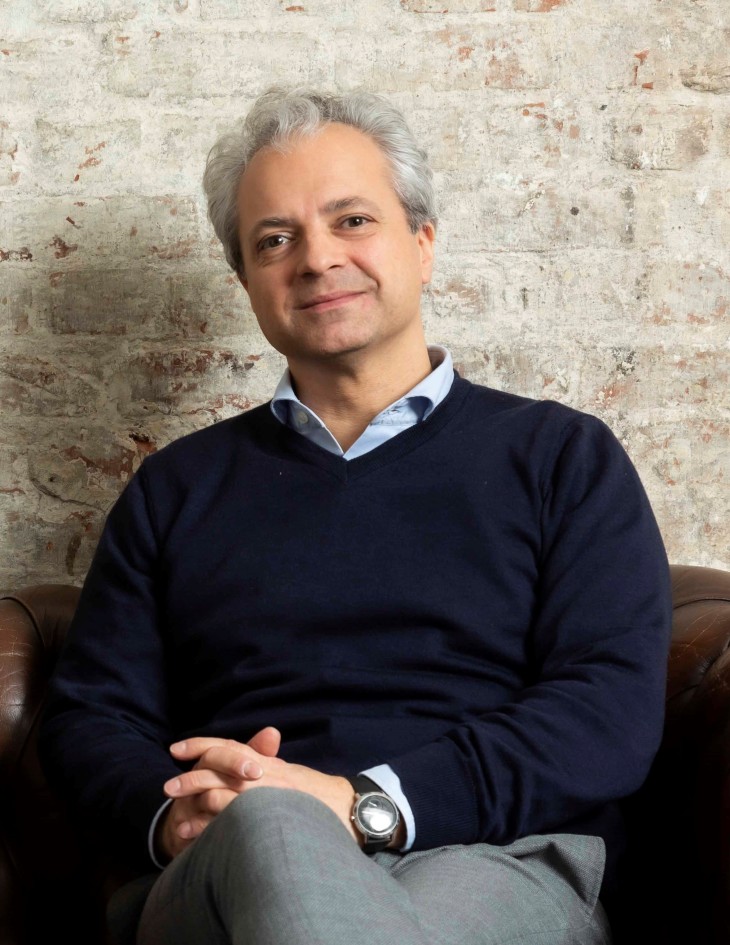Statement from industry

Foto: Marc Schulz-Coulon
Henning Fehrmann, managing director of the Fehrmann Unternehmensgruppe and member of the scientific advisory board of the ZHM: "By supporting the CIMMS initiative, the City of Hamburg has committed itself to promoting and expanding the materials science priority area. This is only logical, as Hamburg is already an international leader in various fields of materials science and has unique competencies. Now is the time to make this known to the general public. In my function as regional chairman of the family entrepreneurs in the Hamburg metropolitan region, I am addressing my colleagues from industry in particular. After all, materials development is a very important cross-sectional technology of the future. Understanding materials is the basis of everything we later hold in our hands. And the materials developed by the four participating institutions will have a decisive influence on the future scope for product innovation in industry. This is why we are jointly focusing on this area of research, as it deserves to be, and why we are increasingly working on better linking science and industry.
From my own experience I can say how much the linking of excellent science with innovative companies is worthwhile. In our company Fehrmann Alloys, we even make a living from materials research and have been pushing ahead early on with networking with excellent scientific institutes such as the Helmholtz-Zentrum Geesthacht in Geesthacht.
I wish CIMMS every success and groundbreaking research results.“
About the CIMMS:
The Federal Ministry of Science, Research and Equal Opportunities (BWFG) is funding the interdisciplinary initiative "Center for Integrated Multiscale Materials Systems" (CIMMS) of the Center for Advanced Materials (ZHM) with almost 4 million euros over the course of four years. Researchers from the Hamburg University of Technology (TUHH, applicant university), the University of Hamburg (UHH), the German Electron Synchrotron (DESY) and the Helmholtz-Zentrum Geesthacht (HZG) are working together on the project. The aim is to strengthen the cooperation of materials scientists beyond the boundaries of the research institutions in order to achieve innovative research results. With this funding, the science authority is implementing a recommendation of the MINT Research Council, which identified materials science as one of Hamburg's future clusters in its 2018 report.

